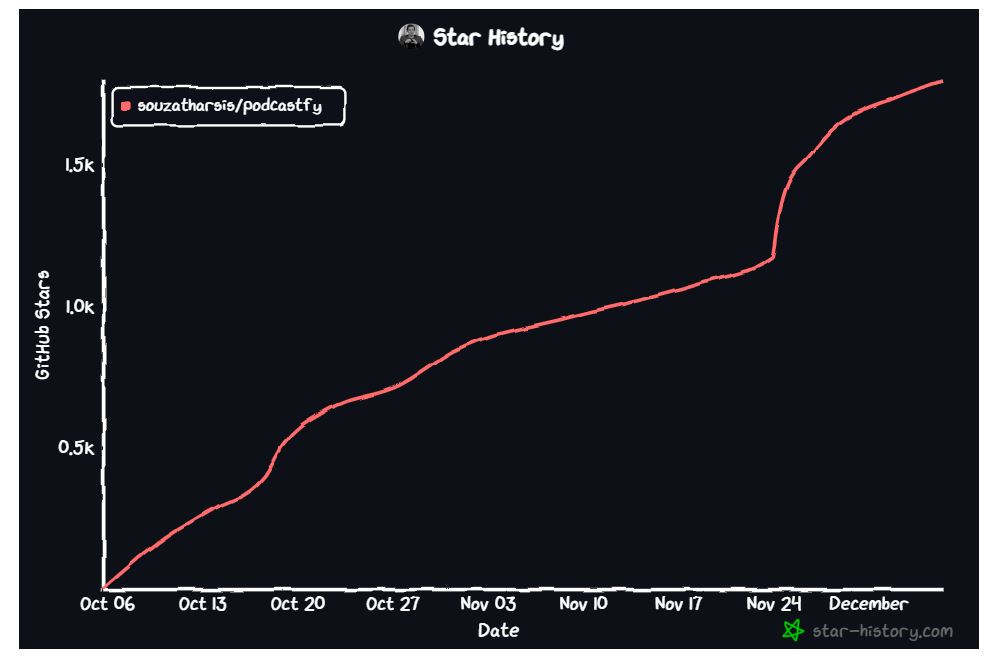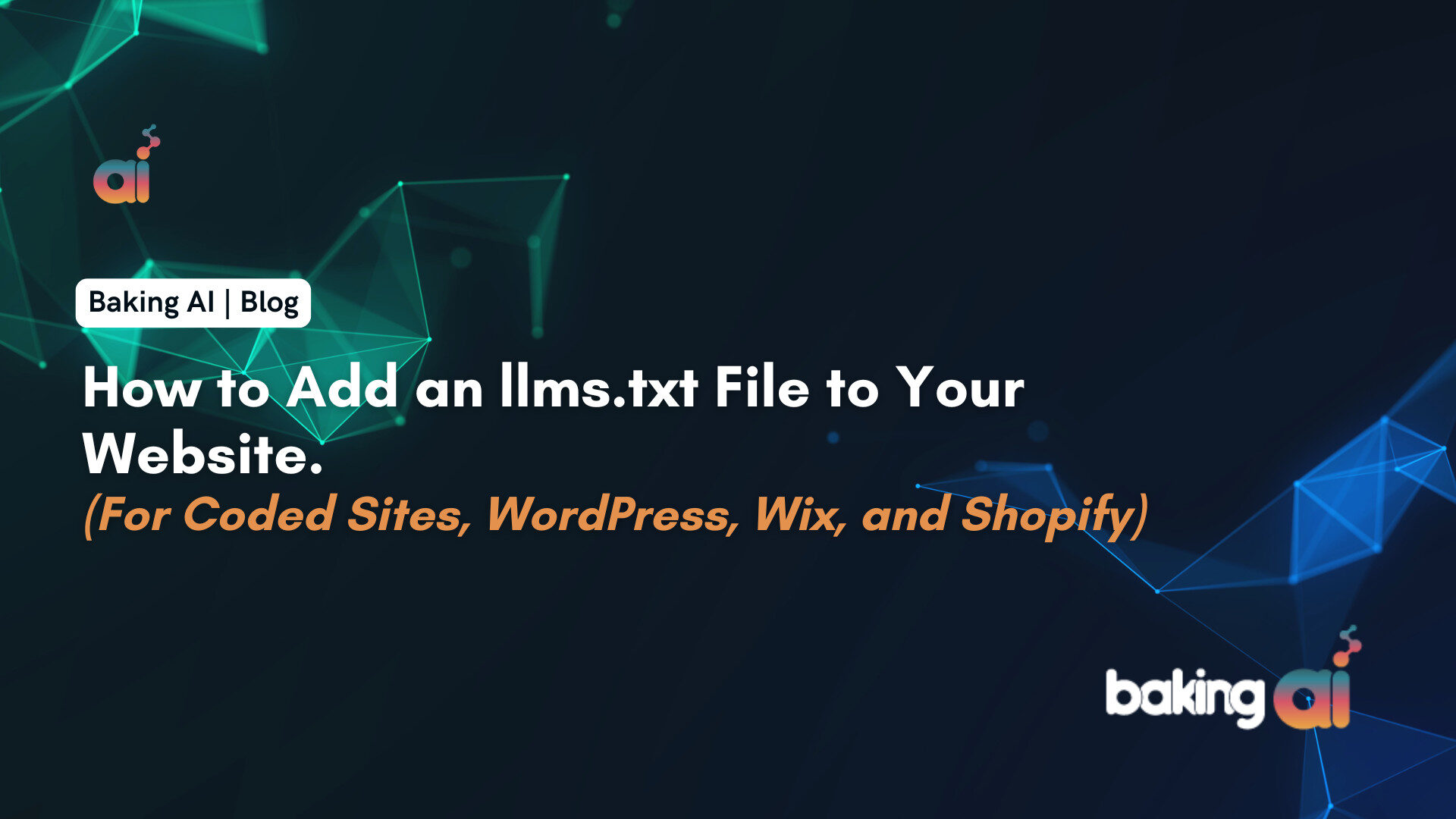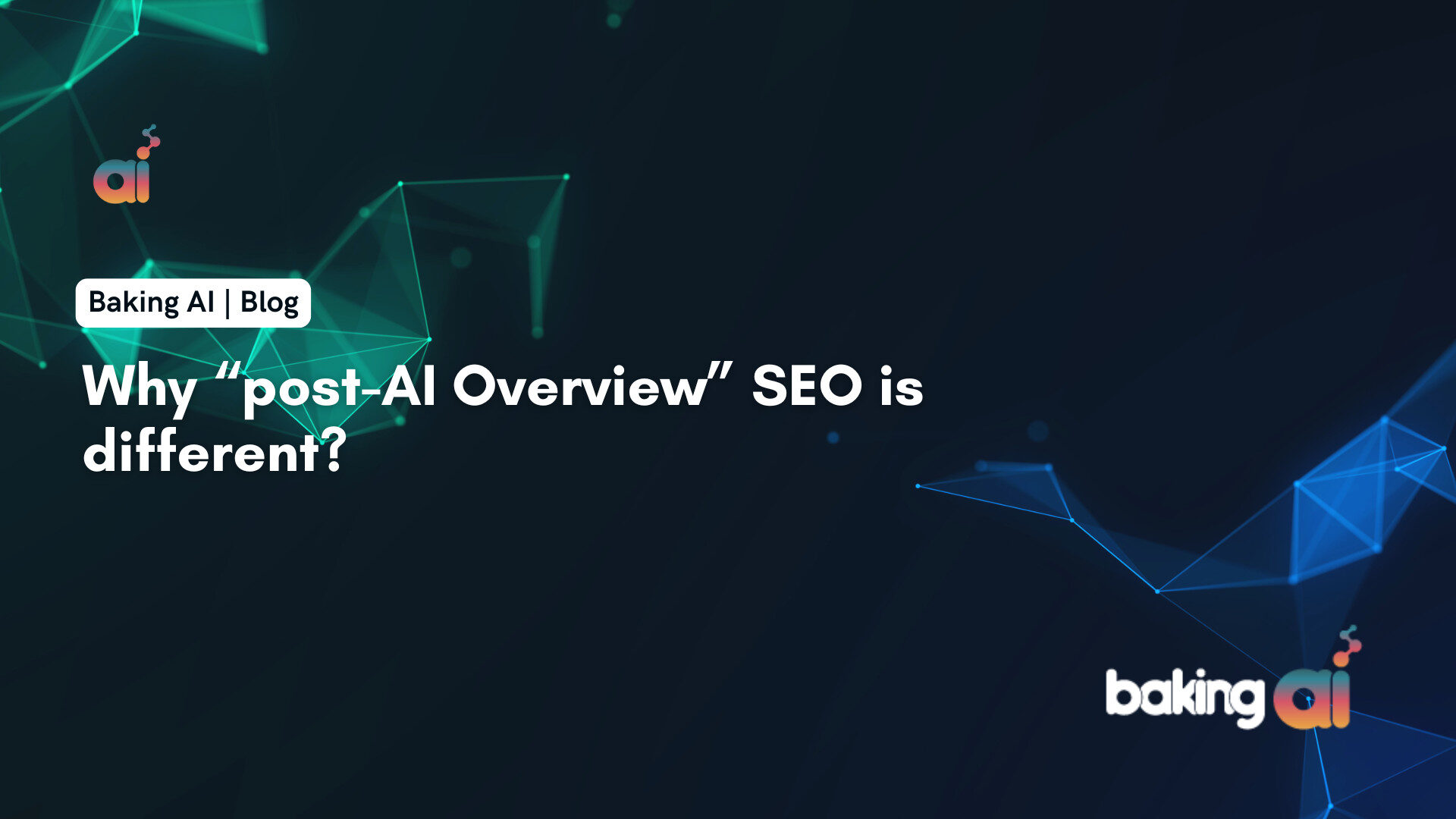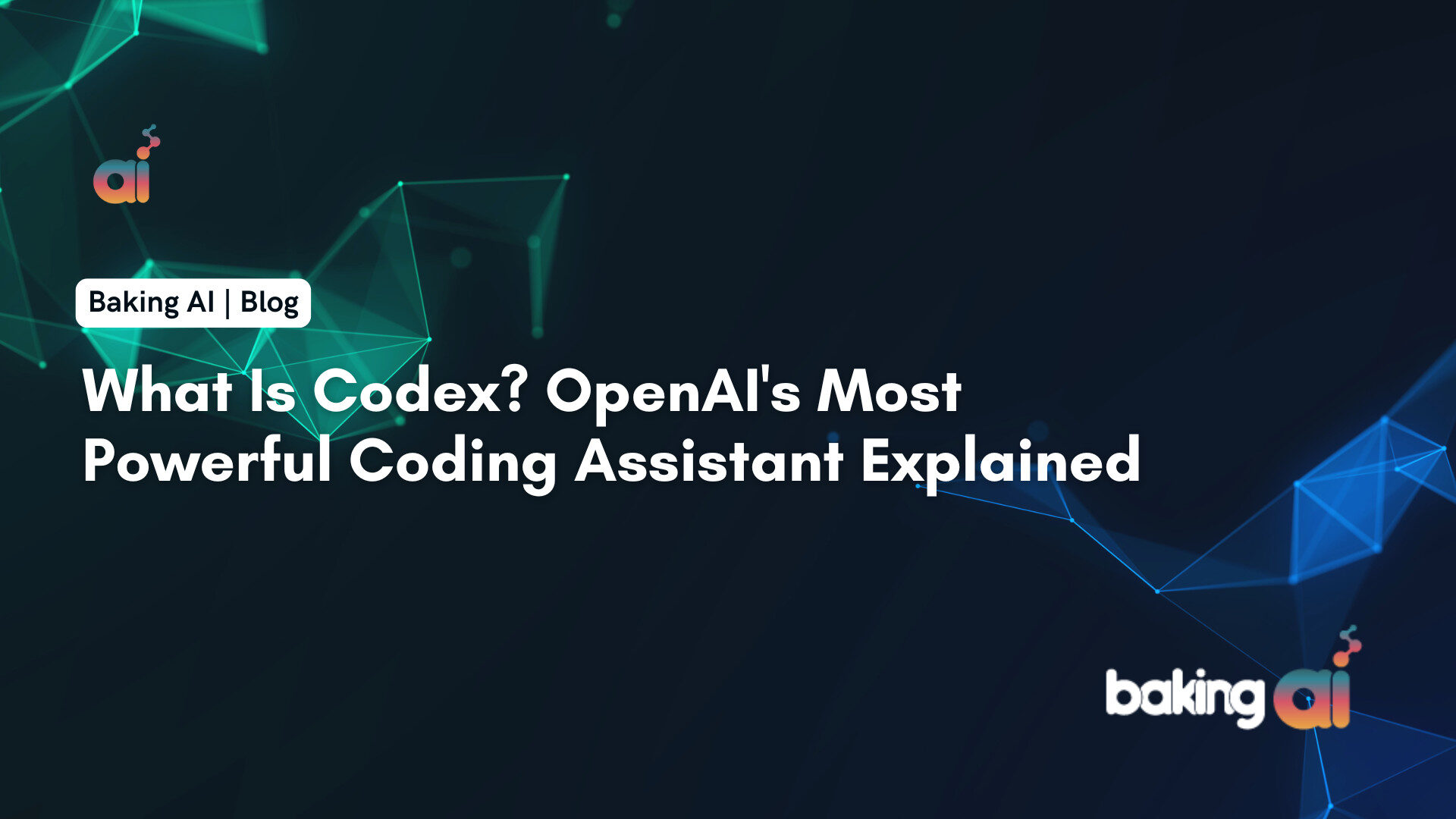Podcastfy.ai is an open-source Python package that transforms multi-modal content (text, images) into engaging, multi-lingual audio conversations using GenAI. Input content includes websites, PDFs, images, YouTube videos, as well as user provided topics.
Unlike closed-source UI-based tools focused primarily on research synthesis (e.g. NotebookLM ❤️), Podcastfy focuses on open source, programmatic and bespoke generation of engaging, conversational content from a multitude of multi-modal sources, enabling customization and scale.

Key Features of Podcastfy.ai
Content Generation
- Multi-Modal Input: Podcastfy.ai can generate conversational content from diverse sources, including URLs, YouTube videos, PDFs, and even images. This versatility allows users to transform a wide range of materials into engaging audio formats.
- Customization Options: Users can tailor the output by adjusting the style, language, structure, and length of the transcripts and audio. This feature is particularly beneficial for creators looking to maintain a specific tone or format in their podcasts.
- Multi-Language Support: The tool supports multiple languages, making it suitable for global content creation and allowing users to reach a broader audience.
Technical Highlights
- Integration with Large Language Models (LLMs): Podcastfy.ai utilizes LangChain for flexible integration with both cloud-based and local LLMs. This capability enhances its adaptability for various applications.
- Advanced Text-to-Speech Compatibility: The tool supports multiple text-to-speech models, including those from OpenAI, ElevenLabs, and Microsoft Edge. This ensures high-quality audio output that can closely mimic human speech.
- Seamless Automation: Podcastfy.ai offers a command-line interface (CLI) and is packaged as a Python library, facilitating automated workflows for users who prefer programmatic interactions over graphical interfaces.
Comparison with NotebookLM
While Podcastfy.ai provides similar functionalities to NotebookLM’s podcast feature, it distinguishes itself through its open-source nature and customization capabilities. Users can modify the codebase according to their needs, fostering community-driven development and innovation. However, it’s worth noting that NotebookLM’s AI-generated voices are often regarded as superior in quality, which remains a significant factor for some users when choosing between the two platforms.
Step-to-Step Instruction to Setup Podcastfy.ai
To set up Podcastfy.ai, follow these step-by-step instructions:
Prerequisites
- Install Python: Ensure you have Python 3.11 or higher installed on your system.
- Install FFmpeg: This is necessary for audio processing. You can install it using:
| pip install ffmpeg |
Installation
- Install Podcastfy: Use the following command to install the Podcastfy package from PyPI:
| pip install podcastfy |
Configuration
Set Up API Keys
- API Keys: If you plan to use cloud-based LLMs (like OpenAI), you need to set up your API keys. Create a
.envfile in your project directory and add your API keys there.
Usage
Using Python
- Generate a Podcast: You can generate a podcast by importing the
generate_podcastfunction and providing URLs of the content you want to convert:
| from podcastfy.client import generate_podcast
audio_file = generate_podcast(urls=[“<url1>”, “<url2>”]) |
Using Command Line Interface (CLI)
- Run via CLI: Alternatively, you can use the command line to generate a podcast:
| python -m podcastfy.client –url <url1> –url <url2> |
Customization Options
Podcastfy.ai allows extensive customization of your podcasts:
- Conversation Style: You can customize the format, style, and voices of the generated podcasts.
- Local LLMs: Optionally run local LLMs for increased privacy and control over the generation process.
- Custom Configurations: Create a YAML configuration file to specify details like conversation style and creativity level.
Example of Custom Configuration in CLI
| python -m podcastfy.client –url <url1> –url <url2> –conversation-config path/to/custom_config.yaml |
Example of Custom Configuration in Python
| custom_config = {
“word_count”: 200, “conversation_style”: [“casual”, “humorous”], “podcast_name”: “Tech Chuckles”, “creativity”: 0.7 } audio_file = generate_podcast(urls=[“<url1>”], conversation_config=custom_config) |
By following these steps, you can successfully set up and start using Podcastfy.ai for generating AI-driven podcasts from multimodal content sources.
Key Benefits of Using Podcastfy.ai
1. Multi-Source Content Integration
- Versatility in Input: Podcastfy.ai allows users to convert content from multiple sources, including URLs, PDFs, and even images, into a single audio podcast. This capability enables the creation of comprehensive and engaging podcasts by synthesizing information from diverse materials.
- Generative AI Conversations: The platform transforms textual content into conversational formats, making the audio more interactive and engaging for listeners. This feature enhances the overall listening experience compared to traditional reading or static audio formats.
2. Customization and Flexibility
- Programmatic Control: Being an open-source tool, Podcastfy.ai provides developers with the flexibility to customize their podcast generation processes. Users can adjust parameters such as style, language, structure, and length of the audio output, allowing for tailored content that meets specific audience needs.
- Integration with LLMs: The tool supports integration with various large language models (LLMs), allowing users to choose between cloud-based or local models for generating content. This flexibility ensures that users can select the best model suited for their requirements.
3. Multi-Language Support
- Global Reach: Podcastfy.ai supports multiple languages, making it an excellent choice for creators aiming to reach a global audience. This feature allows for localization of content, ensuring accessibility for non-native speakers.
4. Enhanced Productivity
- Automation of Repetitive Tasks: By automating tasks such as transcription and audio editing, Podcastfy.ai significantly reduces the time and effort required for podcast production. This increased efficiency allows creators to focus more on content quality and creativity rather than technical details.
- Rapid Turnaround: The streamlined process enables quicker production times for podcasts, which is crucial in today’s fast-paced media environment where timely content can enhance audience engagement.
5. Cost-Effectiveness
- Reduced Labor Costs: Automating many aspects of podcast production can lead to significant cost savings by minimizing the need for extensive human labor. This allows creators and businesses to allocate resources more strategically.
- Sustainability and Profitability: The efficiency gained through automation not only speeds up production but also contributes to long-term financial sustainability by reducing operational costs.
6. Improved Audience Engagement
- Data-Driven Insights: Podcastfy.ai can analyze listener preferences and engagement metrics, enabling creators to refine their content strategy based on real-time feedback. This adaptability helps ensure that each episode resonates with its target audience.
- Personalized Content Creation: By understanding audience behaviors, creators can tailor their podcasts to meet listener expectations better, enhancing retention rates and fostering brand loyalty.
Disadvantages of Podcastfy.ai
1. Lack of Creativity and Emotional Depth
- Limited Originality: Podcastfy.ai, like many AI tools, lacks true creativity and the ability to generate genuinely original ideas. It relies on existing data and patterns, which may result in content that feels generic or lacks a unique voice.
- Absence of Emotional Connection: The AI-generated content may lack the emotional resonance that human creators can provide. This absence can lead to a disconnect with audiences, especially in genres where storytelling and emotional engagement are crucial.
2. Technical Complexity
- Higher Technical Skill Requirement: As an open-source tool, Podcastfy.ai requires a certain level of technical knowledge to set up and customize effectively. Users who are not familiar with programming or API integration may find it challenging to utilize the platform fully.
- Manual Setup: Unlike more user-friendly, closed-source alternatives, Podcastfy.ai often necessitates manual configuration and programming, which can be time-consuming and may deter less tech-savvy users from adopting it.
3. Dependence on Data Quality
- Data Sensitivity: The effectiveness of Podcastfy.ai heavily depends on the quality of the input data. Poorly structured or low-quality content can lead to subpar audio outputs, which may not meet user expectations.
- Privacy Concerns: As with many AI systems, there are potential privacy and data security issues associated with the use of personal or sensitive information in generating content. Users must be cautious about what data they input into the system.
4. Potential for Inaccuracies
- Risk of Errors: AI-generated content can sometimes include inaccuracies or misinterpretations of the source material. This is particularly concerning in contexts where factual accuracy is critical.
- Hallucinations: There is a risk of “hallucinations,” where the AI generates content that is plausible-sounding but factually incorrect or fabricated. This can undermine trust in the content produced.
5. Resource Intensive
- High Computational Requirements: Running advanced AI models can be resource-intensive, requiring significant computational power and energy consumption. This could lead to higher operational costs and environmental concerns related to sustainability.
Real-World Use Cases of Podcastfy.ai
1. Educational Content Creation
- Course Material Conversion: Educators can use Podcastfy.ai to convert complex research papers, lecture notes, and textbooks into audio podcasts. This allows students to consume educational content in a more accessible format, catering to auditory learners and enhancing study materials.
- Language Learning: Language instructors can generate multilingual podcasts from English texts, helping non-native speakers learn through listening. This application promotes language acquisition by providing contextual audio examples.
2. Content Summarization
- Article and Blog Summaries: Publishers and bloggers can use Podcastfy.ai to create concise audio summaries of lengthy articles or blog posts. This approach allows audiences to quickly grasp key points while multitasking, increasing engagement with the content.
- Research Summaries: Researchers can convert extensive research findings into digestible podcast episodes, making their work more accessible to a broader audience beyond academia.
3. Website Content Repurposing
- Audio Versions of Web Content: Businesses can transform written content from their websites into audio formats using Podcastfy.ai. This enhances user engagement by providing an alternative way for visitors to consume information, particularly beneficial for users who prefer listening over reading.
- Marketing and Branding: Companies can create branded podcasts that discuss their products or services, helping to establish authority in their industry while reaching potential customers through engaging audio content.
4. Accessibility Enhancements
- Support for Visually Impaired Users: Organizations can leverage Podcastfy.ai to convert written materials into audio, improving accessibility for visually impaired individuals. This application ensures that important information is available to all users, regardless of their reading capabilities.
5. Recurring Content Production
- Automated Podcast Series: Content creators can set up Podcastfy.ai to generate recurring podcast episodes based on specific themes or topics. This is particularly useful for businesses or influencers looking to maintain a consistent presence in the podcasting space without the need for extensive manual input each time.
Conclusion
Podcastfy.ai represents an exciting advancement in the realm of generative AI tools focused on audio content creation. By prioritizing customization and accessibility, it empowers users to create personalized audio experiences from various content types. As an open-source project, it invites collaboration and contributions from the developer community, potentially leading to further enhancements and features in the future.
Citation: https://github.com/souzatharsis/podcastfy











